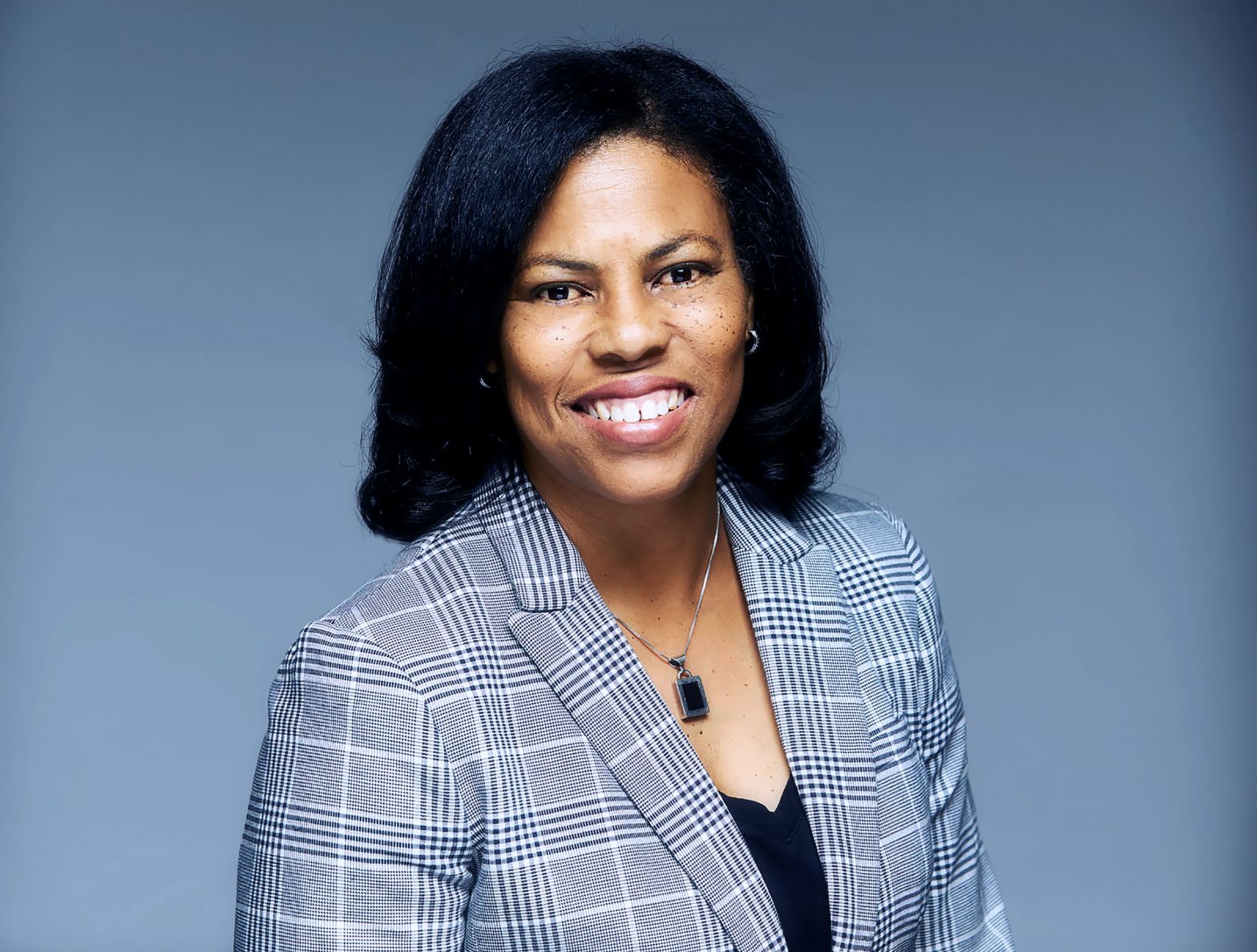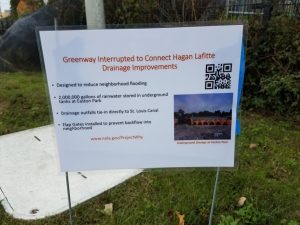
How New Orleans’ smart city programme is doing more with less
11 March 2021
by Sarah Wray
There’s been plenty of speculation that the pandemic could see a serious scaling back of “smart city” programmes, with municipal budgets stretched to the limit and debate about whether what tech companies are selling matches local government priorities.
But on the ground in the midst of the global health and economic crisis, many city technology leaders are finding that while their role may be changing, it is usually expanding, and their work has become more urgent and important than ever.
Kim Walker LaGrue, Chief Information Officer, City of New Orleans, told Cities Today that the recent message to her team from Mayor LaToya Cantrell was unequivocal: “The work can’t wait”.
LaGrue said that cities understood the issues they needed to address even before the pandemic but the “human toll” of the crisis has underlined “why these things cannot wait any longer and need to be accelerated”.
A key part of this is a need to support departments throughout the city to use data to better understand which communities need what resources.
“To me, smart means informed,” said LaGrue.
Priorities in New Orleans include getting more households online and implementing a Digital ID programme to help connect the most vulnerable citizens with benefits. A resident engagement initiative is also underway to rebuild trust in the city.
Think differently
While the urgency of the work has been made clear, the ever-present funding obstacle hasn’t gone away. “We’ve been challenged to be more creative and think differently about how we get this done,” LaGrue said.
She said that, in turn, “has given us a permission that we didn’t have before to move past constraints and also to think about programming that might not traditionally be thought of as in our wheelhouse or as ‘smart city’.”
During the pandemic, LaGrue’s team has used data more creatively than ever, including pulling in new sources, such as health information.
This has elevated the role of the enterprise information team, which manages incoming data and its distribution via dashboards and visualisations, as well as flagging up additional datasets which could be useful to tackle challenges.
“They have become the lookout for us,” LaGrue said. “They are looking more closely at the data and then presenting options to city leadership. And that has really highlighted the value of managing the information that we have.”
Use what you’ve got
Like many cities, closing the digital divide is pressing and New Orleans is taking a “360-degree approach”, which includes digital literacy training for children and adults and spaces for them to access the internet, as well as rolling out free public Wi-Fi with a view to establishing public-private partnerships (PPPs) for home broadband in the future.
The city is in the process of issuing a smart city request for proposals (RFP) to launch city-owned public Wi-Fi via recreation centres, public buildings and other assets. This will be paid for using existing city bond funds as a capital infrastructure improvement programme, with an initial investment of US$3 million.
When it comes to data, infrastructure and getting things done, LaGrue said: “There is an immense value in understanding what we have, and having a plan just for that. That can’t wait. Use what you have and then you make plans for the future.”
New Orleans is also in the process of launching a digital identity programme, working closely with Mastercard City Possible and the City of Los Angeles, which began rolling out its own ‘digital city key’ initiative last year.
This will begin with specific communities within New Orleans with a focus on connecting benefits, payments and city services — such as access to transportation, libraries and resource centres — via a single card. This builds on the approach taken with LA’s Angeleno Card which distributed direct financial assistance via no-fee debit cards.
“Later we would open that up and associate other city services to those cards,” LaGrue said. “And then look at the populations that need it — it could be the elderly, people in community centres, or those living in housing developments. We want to be able to distribute whatever resources they need through a programme like this.”
Project Why

The pandemic has shown cities that if they are going to focus their efforts and limited resources in the right areas and roll out programmes effectively, trust is central.
This is the focus of New Orleans’ Project Why, which has been launched in partnership with the Bloomberg Harvard City Leadership Initiative.
It came about after the city failed to garner support for a tax initiative for infrastructure improvements and stormwater management, despite flooding being a high-priority issue for citizens. A resident engagement research campaign to understand this incongruity revealed a problem with mistrust, with many people believing the city to be corrupt and incompetent.
This followed several damaging incidents in preceding years, including a previous Mayor and a Congressman being both found guilty of corruption; a local utility company being involved in paying actors to fill City Council meetings in support of a new power plant; and the Sewerage and Water Board failing to disclose known issues with the functionality of the city’s drainage system after rain caused widespread flooding.
Residents also reported having regular, personal interactions with the city that they believed simply did not make sense.
“We were floored,” said Liana Elliott, Deputy Chief of Staff for the Mayor, in a recent article. “The City team knew there were trust issues with residents, but none of us realised how deeply rooted and pervasive the problem was.”
The research also revealed instances of the city and residents “talking past each other” – particularly around infrastructure work. For instance, some residents complain about the city draining fire hydrants, without realising this is an essential part of maintenance and repair of the city’s ageing water infrastructure.
Despite increased communications efforts, it was clear that residents don’t always know about online datasets, dashboards and information published online, let alone interact with them.
Meanwhile, the city wasn’t always listening effectively, finding that information from residents’ calls and emails often wasn’t reaching the right people within the city government.
Resident engagement
Project Why aims to better explain the work government does, at the right time and place, and in terms people can easily understand. It will also help the city better identify how, when and where public trust is lost.
The initial concept of a ‘Why button’ that residents could click in online communications to get more information has evolved into something more proactive and inclusive to become physical signs in neighbourhoods.

“It goes back to our core mission,” said LaGrue. “We are here to serve our constituents and if they don’t trust us, and if they don’t believe what we say and that we are working for them, we can’t do that effectively. The city is putting out an unprecedented amount of transparent, accurate information – but without first addressing this fundamental mistrust and cynicism, it doesn’t matter. Our mission is to create an equity and resident-centric lens that sees how we show up in people’s lives, and go from there.”
The project is currently in a pilot phase but is envisioned as a larger, citywide “reimagining” of how the city interacts with the public and consumes feedback.
This reflects a broader push to include citizens in smart city planning. New Orleans has been using tools such as AI-driven Zen City to understand which messages work best with residents, the most effective medium and who within the city is best placed to provide specific information updates.
“[Smart city programmes] can’t just be for the operation of our city,” LaGrue said. “They have got to include our residents and how they use technology. We were always thinking about that but because we’ve become a virtual society overnight, we have to think more urgently about what’s happening in people’s homes and how they will interface with government remotely.”







